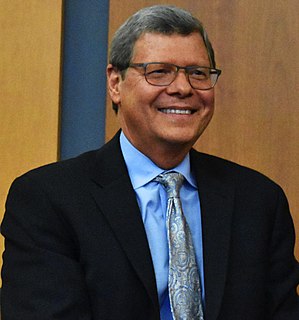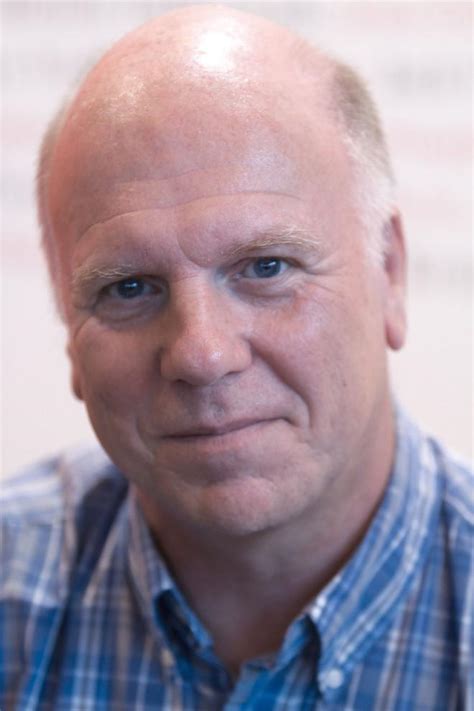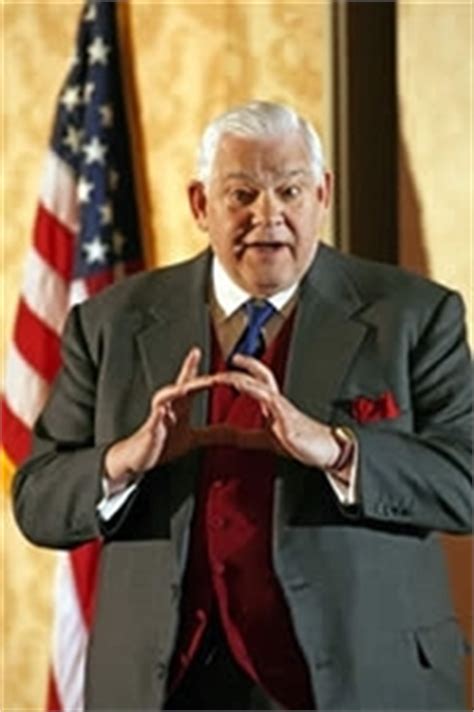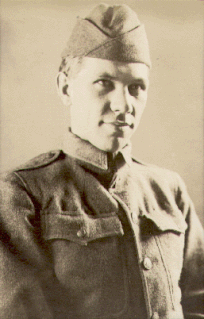A Quote by Charlie Sykes
Reagan wrote out many of his radio commentaries and newspaper articles as well as many of his own speeches. He wrote poetry, short stories, and letters. Trump, in his own hand, writes 140-character tweets.
Related Quotes
Sometimes he would advise me to read poetry, and would send me in his letters quantities of verses and whole poems, which he wrote from memory. 'Read poetry,' he wrote: 'poetry makes men better.' How often, in my later life, I realized the truth of this remark of his! Read poetry: it makes men better.
I used to write my own versions of famous tales, such as William Tell or Robin Hood, and illustrate them myself, too. When I entered my teens, I got more into horror and science fiction and wrote a lot of short stories. A literary education complicated things and for many years I wrote nothing but poetry. Then I got back to story-telling.
I want my thoughts to be an incentive for the reader to give his or her own thoughts. After I wrote 'Proust and the Squid,' I received truly hundreds of letters - I'm still receiving them - and the letters that I wrote back helped me formulate my thinking around things I know are important to others.
I wrote a huge number of letters that spring: one a week to Naoko, several to Reiko, and several more to Midori. I wrote letters in the classroom, I wrote letters at my desk at home with Seagull in my lap, I wrote letters at empty tables during my breaks at the Italian restaurant. It was as if I were writing letters to hold together the pieces of my crumbling life.
And his paths shall be many, and who shall know his name, for he shall be beorn among us many times, in many guises, as he has been and ever will be, time without end. His coming shall be like the sharp edge of the plow, turning our lives in furrows form out of the places where we lie in our silence. The breaker of binds; the forger of chains. The maker of futures; the unshaper of destiny. -from Commentaries on the Prophecies of the Dragon, by Jurith Dorine, Right Hand to the Queen of Almoren, 742 AB, the Third Age
Ho Kyuns poetry is in the tradition of his master, the incomparable Tu Fu, while remaining fully his own. Writing nine centuries later, Hos poetry strikes many parallels--the experiences of war and exile and constant struggle-- and his voice is similarly humane. This is rich and enlightening reading.

































